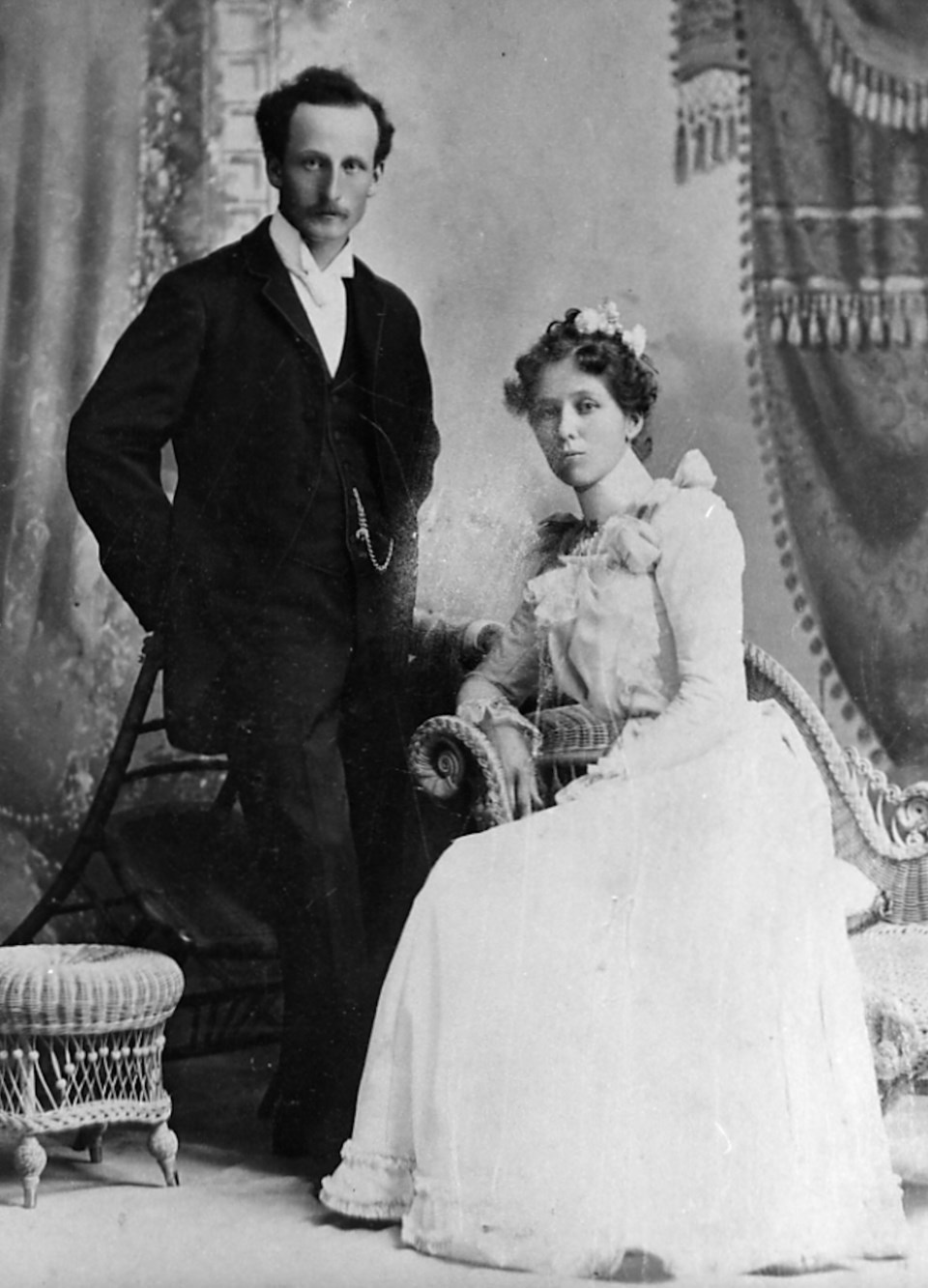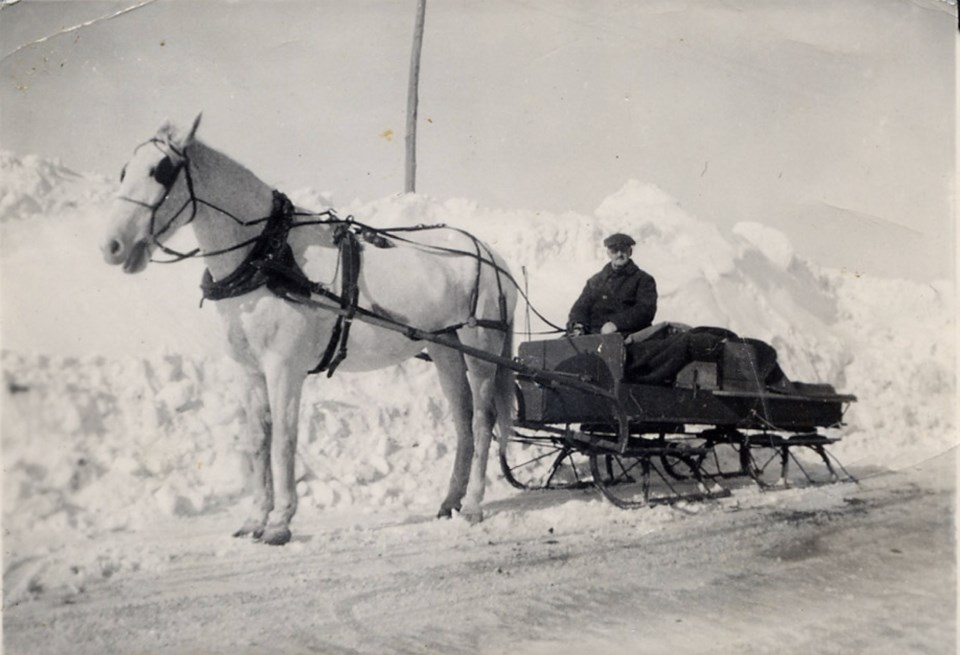
There was a time, not so long ago, when the milkman making his deliveries was a common sight.
If you lived in Cookstown in the first half of the last century, that man likely would have been Howard Cooper.
William Matthew Howard Cooper was born in Innisfil on July 30, 1874. His parents, Matthew and Maria Cooper, were farmers in Bethesda who seemed to have done well for themselves and their seven children.
By the spring of 1900, Howard was ready to embark on his own life adventure.
On April 11, he married 28-year-old Irish immigrant Isabella Robinson.
Not long after, he purchased a farm about four kilometres north of Cookstown, on the Innisfil side of Highway 27.
A lone child, a son named Arthur Matthew, was born May 17, 1907.
Like most farmers of the day, Howard practised fixed agriculture, cultivating a variety of crops in the bountiful soil of the area.
The 1921 Census shows Howard and Isabella were doing well enough that they needed and could afford a live-in labourer.
Also helping around the farm was aging but still game Matthew, by then a widower (Maria died in 1905), who had moved in with his son and his daughter-in-law.
Matthew limped about the farm — he had fractured his hip in a fall in 1916 and never recovered — until he died in 1928.
By that time, Howard had been investing in growing a dairy herd for a while and had reached a point where the farm was producing 100 quarts of milk daily.
Starting in either 1927 or ’28 (accounts differ), Howard began selling milk directly to residents of the growing village of Cookstown.
Demand was high. Homes didn’t have refrigeration at this time, and milk was perishable, so daily milk delivery meant the milk wouldn’t spoil before people could drink it.
Profits were high as well: At 10 cents a quart, there was good money to be made.
Spring through autumn, Howard made deliveries by wagon. In the winter, he’d hook his team up to a sleigh (he never invested in a delivery truck) to make his rounds over snow-covered roads.
The milk was kept from freezing even on the most bitingly cold days by wrapping bottles in blankets and buffalo robes.
Howard continued this annual cycle until 1950, when the 76-year-old finally decided to retire. Home delivery was giving way to milk being purchased in supermarkets, and most households had electric refrigerators, so there just wasn’t the demand anymore. Besides, he was feeling his years.
Howard’s beloved Isabelle died three years later, May 23, 1953. Now alone on the farm, Howard lived a decade more before dying July 16, 1964.



